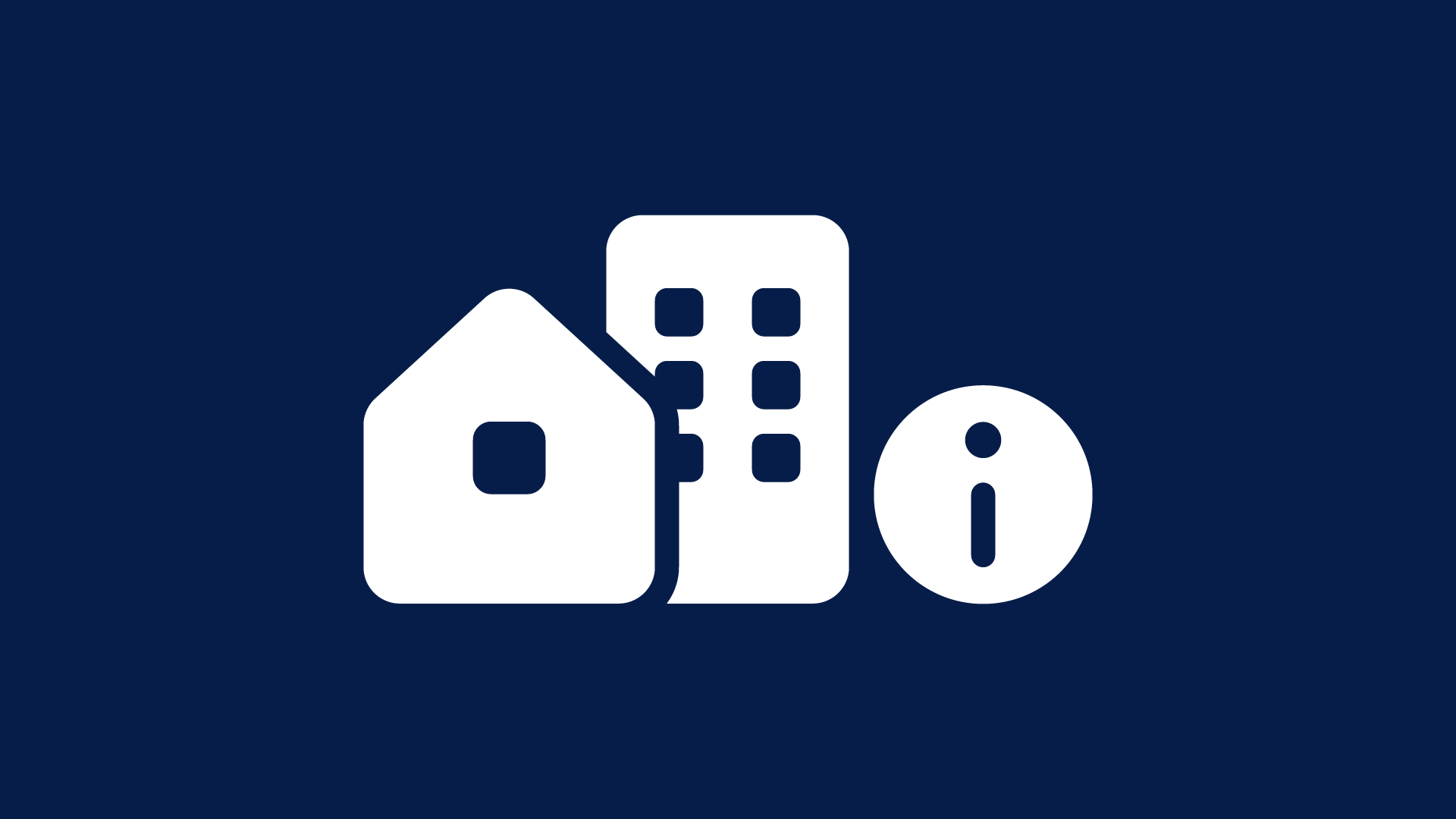Resources for Landlords and Property Managers
Overview of Rent Stabilization Ordinance
The Rent Stabilization Ordinance for the City of Saint Paul was approved by Saint Paul voters on November 2, 2021 and was amended by City Council in September 2022. The Department of Safety and Inspections developed a set of rules to clarify and implement how Saint Paul’s Rent Stabilization Ordinance would be enforced in a consistent way. Changes to the law took effect on January 1, 2023. As a landlord, this page outlines information and resources to guide you through handling utilities, requesting an exception for a rent increase and other frequently asked questions.
Residential rent increases are limited to no more than 3% in a 12-month period, although there are several exceptions:
- Standard Allowable Increase without City approval: 3%
- Self-Certification Increase Exception: Available for 3%-8% (evaluated annually)
- Just Cause Vacancy Increase Exception: CPI + 8%
- Staff Determination Increase Exception: No limit with appropriate justification
Find more detailed information about the allowed exceptions on the 2023 Rules and Process page.
Guidance for Landlords
Billing Tenants for Utilities
Bill tenants for utilities in compliance with State Statute: Minnesota Legislative Code section 504B.215, subdivision 2a.
- OK: In the lease agreement, include how billing will breakdown and how often the tenant will pay
- Not OK: require tenants to pay utilities without providing the total costs for the building and how the amount owed by the tenant is calculated
Decrease rent if the rental agreement is changed to require tenant to pay utilities.
-
OK: After the original lease term is over, change the agreement to require tenant to pay utilities with a decrease to their rent which adheres to the rent stabilization law
-
Not OK: Before or after the original lease term is over, require tenants to pay utilities on top of the rent that was originally agreed upon (with included utilities)
Meter units separately if the tenant will pay the utility service provider directly. Costs for utilities in separately metered units are not considered part of rent.
-
OK: Requiring tenants to pay the utility provider directly for the utilities consumed by their unit that is metered separately.
-
Not OK: Billing tenants for estimated portion of the total bill for the building without showing how that amount was calculated
Increasing Rent for Tenants
Large rent increases force people out of their homes and make our city more difficult to live in. Impacts to families include lack of housing, disruptions for childhood learning and food insecurity. When finances are stretched, people cannot support local business or fully engage in the community in other ways.
-
OK: Increasing rent by 3% each year or when the lease term is up
-
Not OK: Increasing rent by more than 3% without requesting an exception. Rent can be increased after City approval or after the appeal process.
In some cases, a rent increase is necessary to improve living conditions for tenants. In other cases, landlords can increase rent to afford the demands of property management.
-
OK: Use the determination form to see how much rent increase is needed to cover maintenance and management costs
-
Not OK: Increase rent by more than 3% without completing the application
Lease Termination: Just Cause Vacancy and Notice
Ending a lease is a difficult situation for everyone involved. One of the ways leases can be terminated is through just cause. In some situations when a lease has ended due to a just cause, rent can increase more than 3%.
-
OK: If a unit has been vacated for Just Cause, rent increases by 8% over the calculated Consumer Price Index, with city review and approval.
-
If you want to utilize a rent increase through Just Cause, it is Not OK to terminate a lease for reasons that are not included in the Just Cause notice ordinance and rules. Just Cause is only enforced in the city in relation to rent stabilization.
Frequently Asked Questions and Common Scenarios
Related Content

Renters & Tenants
If you are a renter or tenant, this page outlines information and resources about the Rent Stabilization Ordinance, your rights as a tenant and frequently asked questions.

Rules & Processes
Find information about Rent Stabilization rulemaking and implementation for 2023.

About the Rent Stabilization Ordinance
Information about the Rent Stabilization Ordinance and summary of rules can be found on these pages.
